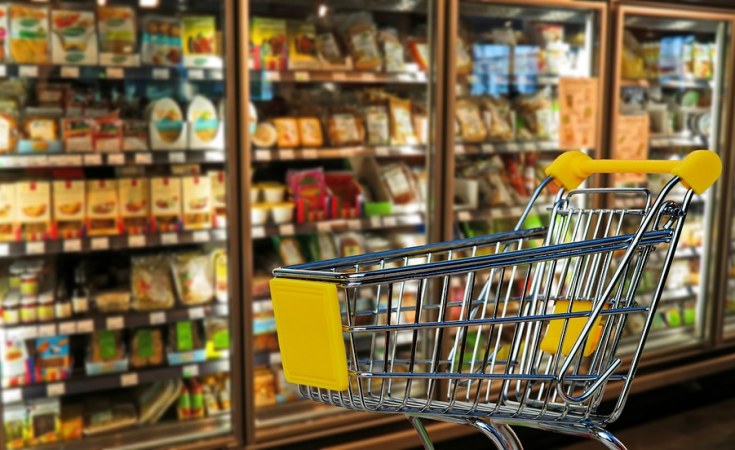The Consumer Price Index (CPI) which measures the rate of change in prices of goods rose to 20.77 per cent in September 2022, compared to the 20.52 per cent recorded in August 2022, the National Bureau of Statistics (NBS) disclosed yesterday.
Inflation stood at 16.63 per cent in September 2021, when compared on a year-on-year basis.
The NBS noted that the 4.14 percentage rise in the headline index (when compared on a year-on-year basis), the highest in 17 years, indicated that the general price level was higher relative to the preceding year.
The food inflation rate increased by 3.77 per cent to 23.34 per cent year-on-year compared to 19.57 per cent in the preceding year.
The statistical agency, in its CPI report for September, which was posted on its website, stated that the rise in food index was caused by increases in prices of bread and cereals, food products, potatoes, yam, and other tuber, oil, and fat.
However, month-on-month, food inflation dropped by 0.54 per cent to 1.43 per cent in the review month compared to 1.98 per cent.
The NBS attributed the decline in food inflation in September to a reduction in prices of some food items particularly tubers, palm oil, maize, beans, and vegetables.
The core index, which excludes the prices of volatile agricultural produce, also rose by 3.86 per cent to 17.60 per cent year-on-year in September compared to 13.74 per cent in the corresponding month in 2021.
Core inflation was driven by higher prices of gas, liquid fuel, passenger transport by air, passenger travel by road, and solid fuel.
However, month-on-month, the core inflation rate was 1.59 per cent which was relatively the same rate recorded in August.
Year-on-year, the urban inflation rate increased by 4.06 per cent to 21.25 per cent in September, compared to 17.19 per cent in September 2021.
Month-on-month, the urban index declined by 0,34 per cent to 1.46 per cent compared to 1,79 per cent in August.
Similarly, the rural inflation rate increased by 4.24 per cent to 20.32 per cent year-on-year compared to 16.08 per cent recorded in September 2021.
Month-on-month, the rural index was down by 0.48 per cent to 1.27 per cent compared to 1.75 per cent in August.
According to the NBS, year-on-year, at states' level, inflation was highest in Kogi at 23.82 per cent; Rivers - 23.49 per cent, and Benue - 22.78 per cent, while Abuja - 17.87 per cent, Borno - 18.12 per cent, and Adamawa 18.42 per cent, recorded the slowest rise in the headline index.
However, month-on-month, highest price increases were recorded in Jigawa - 2.58 per cent, Yobe - 2.22 per cent, Benue - 2.05 per cent, Abuja -0.72 per cent, Sokoto - 0.19 per cent and Adamawa - 0.25 per cent, recorded the slowest rise.
According to the NBS, year-on-year, food inflation was highest in Kwara 33.09 per cent, Kogi - 28.46 per cent, and Ebonyi - 27.41 per cent, while Kaduna - 18.84 per cent, Jigawa - 19.20 per cent and Sokoto - 19.44 per cent, recorded the slowest rise on year-on-year food inflation.
Month-on-month, however, food inflation was highest in Enugu at 2.61 per cent, Ogun - 2.50 per cent, and Oyo - 2.43 per cent, while Sokoto - 0.88 per cent, Ondo - 0.38 per cent and Niger - 0.62 per cent, recorded the slowest rise on month-on-month inflation.
Commenting on the latest inflation numbers, analysts at Cowry Assets Management Limited stated: "Looking ahead to October, we anticipate a slower acceleration in inflation due to supply disruptions caused by recent
flooding in some food-producing regions.
"However, as we approach the year-end festive period, prices may begin to take another surge due to the continued weakening of the Nigerian naira. Thus, we project headline inflation to rise marginally to 21 per cent in October."


